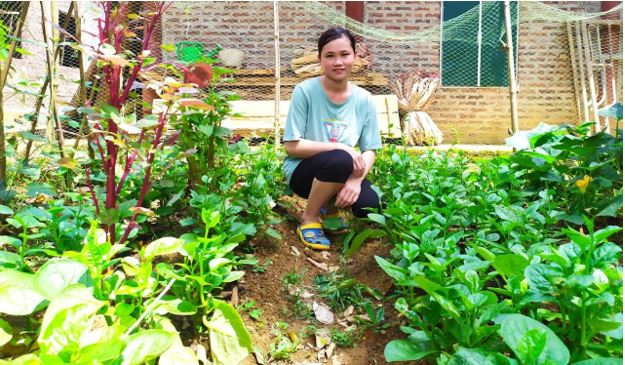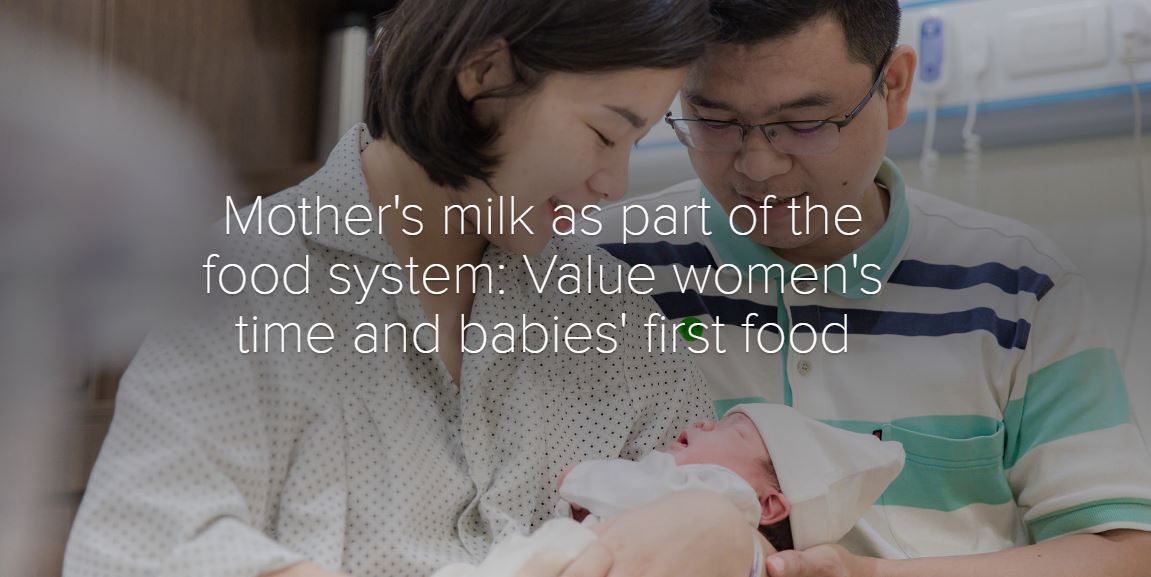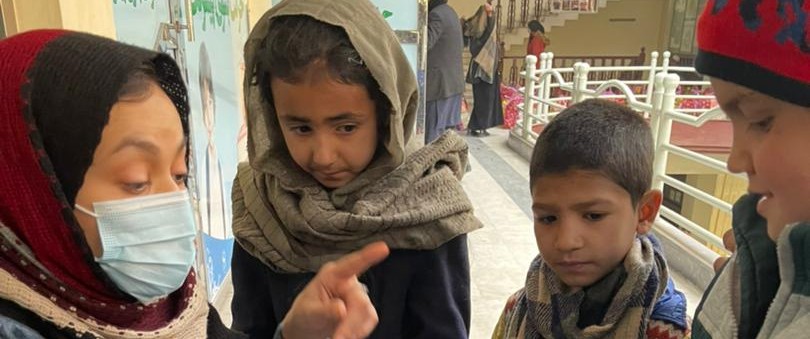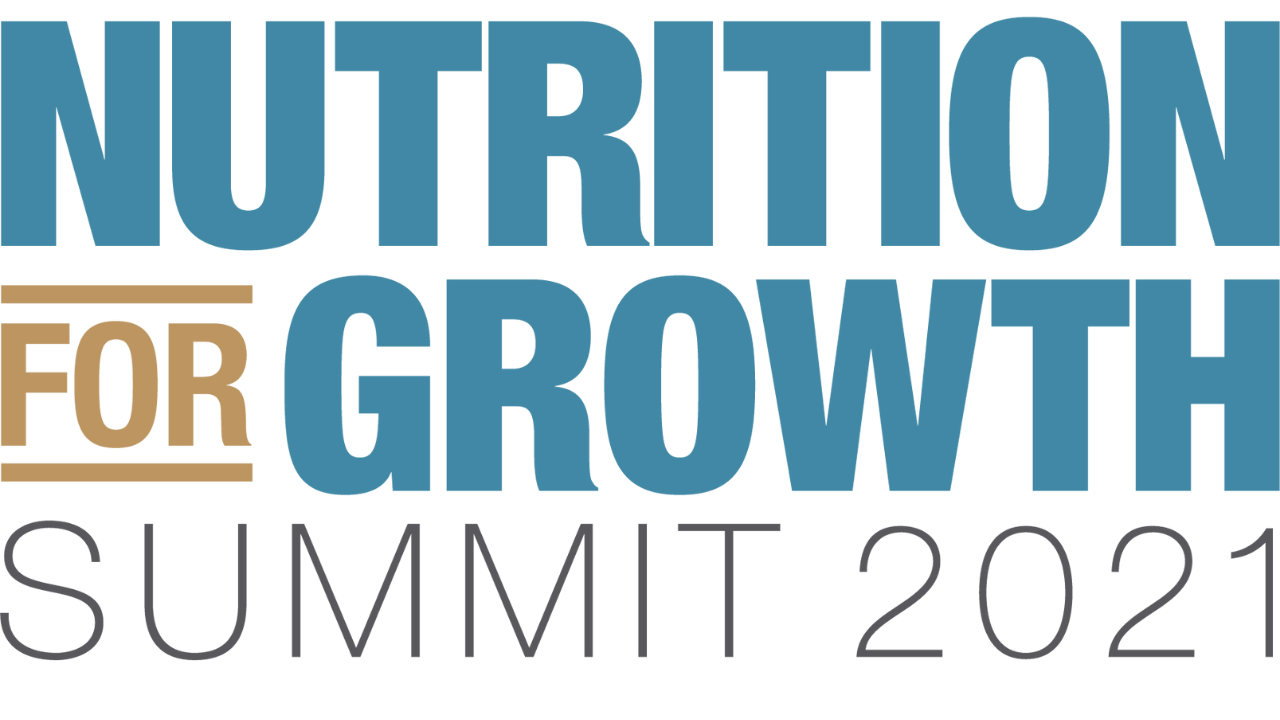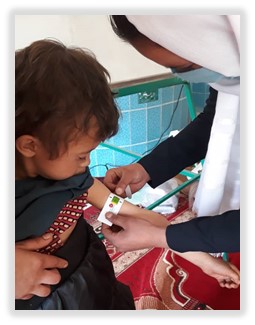First of all, I would like to introduce myself, my name is Nov Nouket, I am coordinator of the People Centered Feeding Systems project by IIRR-Cambodia. 2014, IIRR started a big project in Kandal province, Cambodia. This project was financed by IIRR Newman’ Own Foundation (NOF) and Latter-Day Saints. Since then, IIRR has worked with […]
ReadAll Asia region news
International Women’s Day: Women as a change agent in ensuring food security
Women in Food Systems: A story by HKI Vietnam Bui Thi Hoai, a young Muong mother in Chi Dao commune shared that after two years of attending the Enhanced Homestead Food Production project, she has gained lots of new knowledge about nutrition and agriculture, that she never known before. Thanks to the monthly communication sessions and […]
ReadInternational Women’s Day: Mother’s milk as part of the food system
I’m Linh – a breastfeeding mother. I am lucky to have a full house with two beautiful daughters in Hanoi, Viet Nam, both of whom were exclusively breastfed. I start each day happily breastfeeding my seven-month-old baby. Breast milk is the #firstfood, the perfect source of nutrition for babies in the first two years and […]
ReadLife under the Taliban: Obstacles faced in Afghanistan
Part 4: Being a child in Afghanistan Written by Zuhra Dadgar-Shafiq, Programme Director and Co-Founder of Action for Development who provide vital health and education services in Afghanistan to the most marginalized and vulnerable individuals through cost-effective, cascade-model projects that allow for community participation and empowerment. Afghanistan has been struggling with conflict for over 40 years. The situation […]
ReadLife under the Taliban: Obstacles faced in Afghanistan
Part 3: Rising food prices Written by Zuhra Dadgar-Shafiq, Programme Director and Co-Founder of Action for Development who provide vital health and education services in Afghanistan to the most marginalized and vulnerable individuals through cost-effective, cascade-model projects that allow for community participation and empowerment. Afghanistan has been struggling with conflict for over 40 years. The […]
ReadLife under the Taliban: Obstacles faced in Afghanistan
Part 2: Covid-19 and disease Written by Zuhra Dadgar-Shafiq, Programme Director and Co-Founder of Action for Development who provide vital health and education services in Afghanistan to the most marginalized and vulnerable individuals through cost-effective, cascade-model projects that allow for community participation and empowerment. Afghanistan has been struggling with conflict for over 40 years. The […]
ReadScaling Up Nutrition Civil Society Network Commitment
This week, actors across the nutrition community including representatives from governments, businesses, academics and members of civil society came together to make bold pledges towards the UN nutrition targets at the Nutrition for Growth Summit. The Civil Society Network (CSN) is part of Scaling Up Nutrition (SUN), a world-wide Movement to end malnutrition. Our diverse […]
ReadThe Youth: Secret Ingredient for a Sustainable Food System
Food and Nutrition Youth Network (FNYN) Philippines Launched By: Rose Jade Eugenie Delgado SUN Youth Leader for Nutrition & FNYN Philippines Convenor In the recipe of shaping a more sustainable food system, we need: a cup of policy changes by governments, a pinch of investment and innovation from businesses and the private sector, a dash of advocacy from Civil Society Organizations, a […]
ReadMessage of solidarity with the people of Afghanistan
At the Scaling Up Nutrition Civil Society Network we are deeply concerned with the news from Afghanistan and the worrying reports of severe hunger crisis due to extreme drought. Even before the Taliban advancement, Afghanistan had one of the world’s highest rates of stunting in children under-5 years old; 40.9% are stunted and 9.5% are […]
ReadWorld Breastfeeding Week: Kyrgyzstan are on a mission to protect breastfeeding
In 2019, the Ministry of Health in Kyrgyzstan created a working group to revise the Law “On the Protection of Breastfeeding”, the working group included representatives of CSA SUN Kyrgyzstan, who contributed to the development of proposals for the draft of the Law. In the same year, UNICEF arranged a visit from David Clark, a […]
ReadIn 2019, the Ministry of Health in Kyrgyzstan created a working group to revise the Law “On the Protection of Breastfeeding”, the working group included representatives of CSA SUN Kyrgyzstan, who contributed to the development of proposals for the draft of the Law. In the same year, UNICEF arranged a visit from David Clark, a specialist in legal support of nutrition programs at UNICEF headquarters. He conducted a training on the monitoring of the law for representatives of the National Center for Maternal and Child Health, specialists of the Ministry of Health, and took part in a round table to discuss the draft Law “On amendments to the Law on the Breastfeeding Protection…”.
CSA SUN Kyrgyzstan helped organize a meeting between UNICEF, David Clark and the Forum of Women MPs, where David Clark made a presentation on the importance of updating the Law in line with the new World Health Assembly resolutions. At this meeting, women MPs reaffirmed their commitment to protecting breastfeeding and pledged to initiate this Law.
In 2020, CSA SUN Kyrgyzstan carried out advocacy work to draw attention to the protection of breastfeeding, which was based on the data obtained during the monitoring of the implementation of the Law “On protection of breastfeeding …” The monitoring results were sent to the ministries, to the Government of the Kyrgyz Republic, to 120 members of the Parliament of the Kyrgyz Republic.
With the support of UNICEF, 200 leaflets were developed and replicated (for PMs and for decision-makers from authorized bodies). A telecast on the NTS TV channel was conducted on the mechanisms of responding to violations of the Law “On the Breastfeeding Protection ” and on the need to amend the Law. A radio program on “Birinchi Radio” was held about the importance of the Law “On the Breastfeeding Protection…” with the participation of the member of the Parliament Ainuru Altybaeva. Organized publication in “Cactus Media” about violations of the Law and the need to amend this Law. On the TV channel “Ala-too 24” a conversation was held about the weak points of the Law and the need to make changes. The Public Fund “For Food Security and Nutrition” constantly publishes information on the importance of breastfeeding.
Unfortunately, during the October and subsequent events related to the parliamentary and presidential elections, the reorganization of the Government, amendments to the Constitution, the issue of amendments to the Law was suspended. The documents were lost during unrests and attack on the Parliament building.
After the restoration of all documents, on April 30, 2021, a group of women deputies announced the initiation of the Law on Amendments to the Law “On the Protection of Breastfeeding …” Kyrgyzstan CSA have since contacted the deputies involves – the initiators of the Law on the Protection of Breastfeeding. So far there are no changes, however the process of preparing all supporting documents is underway.


